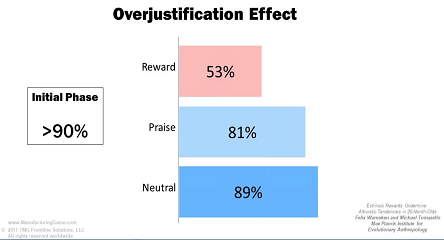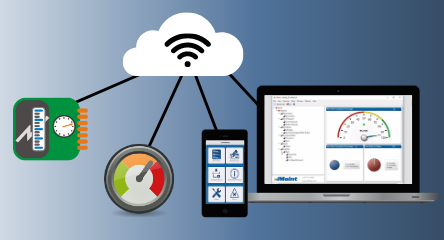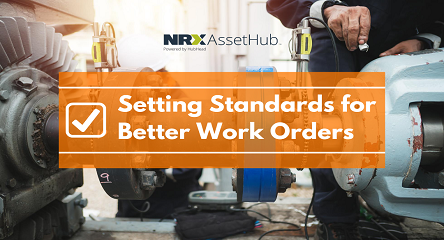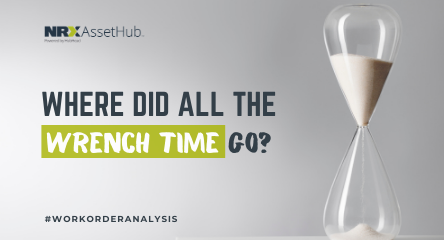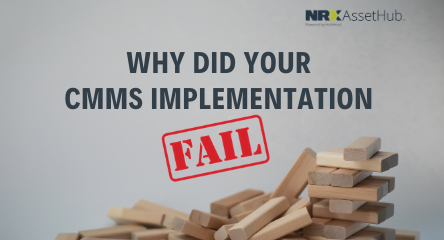For most businesses, their assets and equipment are a large expense and a critical component of their core business operations. For instance, in manufacturing companies, shredders, mixers, generators, lifts, centrifuges, and conveyor belts all play crucial roles in turning raw materials into finished goods. Because of this, businesses need to make sure that their equipment is operating at peak performance. This is where maintenance management comes in. To ensure that the equipment receives timely servicing, maintenance, and repairs to make sure that downtime is kept at a minimum and uptime is kept at a maximum.
A large number of firms continue to struggle with the implementation of efficient maintenance plans and the stabilization of their long-term maintenance performance. The best way to approach maintenance is in a structured and systematic manner through maintenance management.
Maintenance Management Explained
What is maintenance management?
For production to run smoothly, maintenance management is crucial. Maintenance management is a guarantee that the production process, the utilities, and related facilities operate as efficiently as possible, it aids businesses in maintaining their resources while managing time and costs. Maintenance management is also referred to as CMMS, which stands for Computerized Maintenance Management System. As a result, it serves as the basis for facilities management and industrial maintenance.
Importance of Maintenance Management
Maintenance is a crucial component of quality assurance and, in some situations, affects a company’s long-term success. Resources that have not been properly maintained can lead to instability and force a production halt. Machine malfunctions or total failures can be expensive processes for most businesses.
When a breakdown occurs, the cost of labor per unit increases as time goes on until the machines are once again operational. In this case, repairing the issues will incur unforeseen charges, including additional fees for repair facilities, technician/repair crew, preventative maintenance checks, and spare components. These are a few instances of what a business may encounter over time if a dependable maintenance management solution is not set up – even for businesses with brand-new machines.
Maintenance Management Objectives
The objective of all maintenance management is to control expenses, schedule work properly and efficiently, ensure employee safety, and comply with all rules and regulations while preventing failures and reducing breakdowns.
Benefits of Maintenance Management
There are some organizations that still believe in nothing should be fixed unless it is seriously broken. But in keeping up with your competitors and technology, investing in preventative maintenance management offers a significant number of advantages:
- Machine and Operator Safety
Many pieces of equipment are inherently dangerous when they break down (e.g. boilers, compressors, electrical installations, generators, etc). You can be confident that your equipment will run safely for both the machine and the operators by doing routine preventative maintenance. With proper preventive maintenance, any problem can be stopped before they have a chance to cause a catastrophe.
- Creating Dependable Assets
Everyone is aware that maintained assets are more reliable than unmaintained ones. When maintenance is performed on assets on schedule, their performance increases. Maintenance is crucial because it guarantees that assets are kept in good condition and that their performance can be increased through calibration and adjustment.
- Extend the Usefulness of Equipment
One of the most well-known advantages of maintenance is that a machine that receives routine maintenance will function better and last longer than one that only gets maintenance when it breaks down. That’s because unmaintained equipment will deteriorate more quickly; problems build up and are only corrected when they’ve caused major harm, which results in irreversible damage. Equipment that receives preventive maintenance undergoes inspections, receives maintenance, and gets the appropriate replacement parts to address any problems. Simply put, equipment that receives routine, quality maintenance will last longer.
- Reducing and Controlling Maintenance Costs
Without routine maintenance, equipment malfunctions would occur more frequently and require a lot more repairs. Usually, emergency repairs are more expensive, and if extra parts are needed, those prices increase drastically. Deliveries for urgent repairs that need spare part replacement are more expensive than regular deliveries. Reactive maintenance results in more urgent repairs, early replacements, injuries, and untimely deaths, all of which can be costly for any business.
One of the more desirable advantages of maintenance management is cost control. With preventative maintenance, maintenance managers plan their budgets ahead of time, make wise allocations, and guarantee that their equipment is well maintained. A significant amount of costs are saved as a result of fewer breakdowns, fewer emergency repair calls, and fewer equipment replacements thanks to preventive maintenance practices.
- Increases Equipment Efficiency
We all know that equipment that receives routine maintenance will perform better than equipment that only gets repaired when anything goes wrong. Reactive maintenance could result in long-term harm to the equipment, which would impair its performance and make it ineffective.
- Reducing Downtime and Failure Rates
Equipment that receives proper maintenance and inspections, can easily spot problems before they arise. It will also be maintained with the requisite parts, cleaned, greased, and anything else needed to keep the equipment functioning well. In the end, all of these tasks contribute to the equipment’s effective and seamless operation, lowering failure rates and unforeseen equipment malfunctions.
- Planning Maintenance Work
Organizations can focus on proactive work and be prepared to address emerging asset issues by effectively managing their time, labor, tools, and other maintenance resources.
Ensuring Regulatory Compliance
- Every industry has its own set of regulations that, if disregarded, could result in harsh fines and penalties. And in the eyes of regulatory entities, if there is no traceable record, it did not happen. Through the use of systems like CMMS, modern maintenance management has made it simpler to automate and record inspections, carry out internal audits, and provide the appropriate reports.
Summary
Today, businesses are focused on the bottom line, and the cost of downtime has a significant influence on profitability. As equipment starts to wear, eventually this will have a significant impact on both productivity and product quality. As customer complaints increase, market share will eventually decline.
Your equipment is the core of your business. Neglecting the maintenance of your equipment can cost you a lot of time, money, and sometimes your business. Maintenance management today is very different from that of spreadsheets, notebooks, pencils and paper. Businesses want to keep their existing equipment as long as possible, they want to keep ahead of their competition, and they surely don’t want to encounter any injuries, equipment failures or breakdowns.
Is maintenance management important? If you consider your business important then maintaining your equipment and assets is just as important. Without the equipment, there is no business.
“To be the best, you have to have the right equipment at your disposal”
-Hafthor Bjornsson
